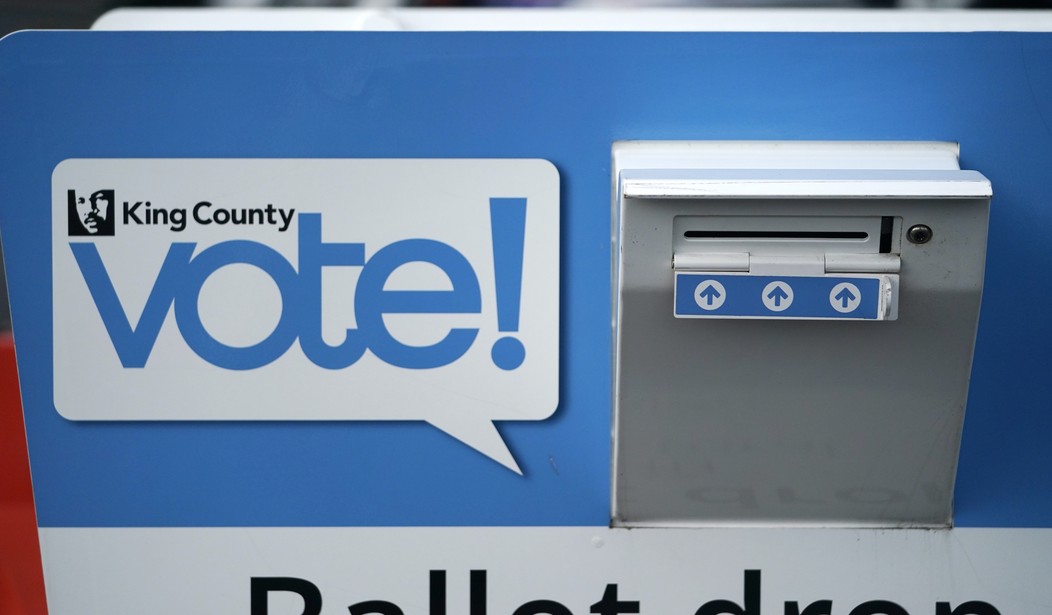Leaving aside who one was rooting for in the 2020 elections, are U.S. voting systems foolproof? For those who are interested, here is a link to the embattled Dominion Voting Systems documentation. The actual core device is a Samsung Galaxy Tab Pro (12.2) tablet running ImageCast X software.
The Smartmatic company, which is connected to elections in several third-world countries, claims no connection with Dominion, but as you can see from Smartmatic’s promotional material, there are superficial resemblances, which prove nothing.
- Dominion and Smartmatic do not collaborate in any way and have no affiliate relationships or financial ties.
- Dominion does not use Smartmatic software.
- The only associations the companies have ever had were:
– In 2009, Smartmatic licensed Dominion machines for use in the Philippines. The contract ended in a lawsuit.- – In 2010, Dominion purchased certain assets from Sequoia, a private U.S. Company. Smartmatic, a previous owner of Sequoia, he pursued legal actions against Dominion.
What one would really like to know, of course, is whether the two systems share the same algorithms, libraries, or methods. This would be possible if the public could see the code.
Can open-source technology, where the code is published for all to see any suspicious items, help keep elections honest and secure? It can’t hurt. “With elections coming under more and more scrutiny due to vulnerable designs, aging machinery, hacking, foreign influence, and human incompetence, the OSET Institute is working on technology that will help ensure that every vote is counted as it was cast.”
With its Trust The Vote Project, the Open Source Election Technology (OSET) Institute is working on making that a reality for elections in the United States and around the world. …
“Around 40 states have voting machines that are a decade old or older,” J. Alex Halderman, a computer science professor at the University of Michigan, tells Politifact. “There are reports of machines misbehaving in this manner after almost every election.” That’s rather alarming. Can open source be a solution to this problem?
The OSET Institute was founded in January 2007 by venture capital advisers who are alumni of Apple, Mozilla, Netscape, and Sun Microsystems. It is a non-partisan, non-profit 501(c)3 organization that researches and designs public technology—open source technology—for use in the US and around the world.
But perhaps the more obvious place to start in looking at voter systems is with the chain of identity. Dominion’s documentation says: “The voter comes into the polling place and checks in. The poll worker will activate an ID card for the voter, which they will swipe on the tablet in order to bring up the correct ballot style.”
The identity gets created when the voter gets a card from the registration table, as explained in a Dominion Systems product demo. The same procedure is performed in Smartmatic’s demo video at second 26. That identity can vote. If that step is poisoned, everything is poisoned.
It is thus entirely possible for fraud to occur, even if Dominion were foolproof, if the registration list is corrupt. If, for instance, ten dead voters were on the registry, then it would be possible to personate these ghost voters on behalf of whichever candidate is to be favored.
The voter registration rolls are a battleground of American politics. National Public Radio says Democrats complain there are people who should be on the registry who aren’t while Republicans argue there are too many people who are on the list who shouldn’t be—or who are not even alive.
Voting rights groups have said states like Georgia and Wisconsin are improperly purging hundreds of thousands of voters from their systems. Conservative groups say inaccurate rolls invite fraud. And state election officials say they’re just updating their registration lists.
It’s upon this shaky ground that everything has to be built. If only there was some way of beginning the chain of identity with the person himself rather than a controversial list, then the voting could be much more secure. Someone wrote:
Is there any reason you can’t just bring your ballot in, swipe your driver’s lic/ID, to prove it’s you, and have it tabulate your vote? You retain your ballot, now with “I voted” timestamp?
Not in principle. Plus, a real-llfe secure identity would exhibit transaction patterns, move around, travel, and buy stuff like an actual person. Data fusion would spot the fake voters easily. It would be hard to simulate a ghost.
So what drives the political system to rely on methods so open to inaccuracy? Why hasn’t anybody done the open-source reforms and all the rest of it? Because solving election fraud is less a technical challenge than a political one. Cheating has been useful to politicians for a long time. That’s why it’s so hard to remove.
Books: The Price of Panic: How the Tyranny of Experts Turned a Pandemic into a Catastrophe by Jay Richards. The human cost of the emergency response to COVID-19 has far outweighed the benefits. That’s the sobering verdict of a trio of scholars—a biologist, a statistician, and a philosopher.
Follow Wretchard on Twitter or visit Wretchard.com










Join the conversation as a VIP Member